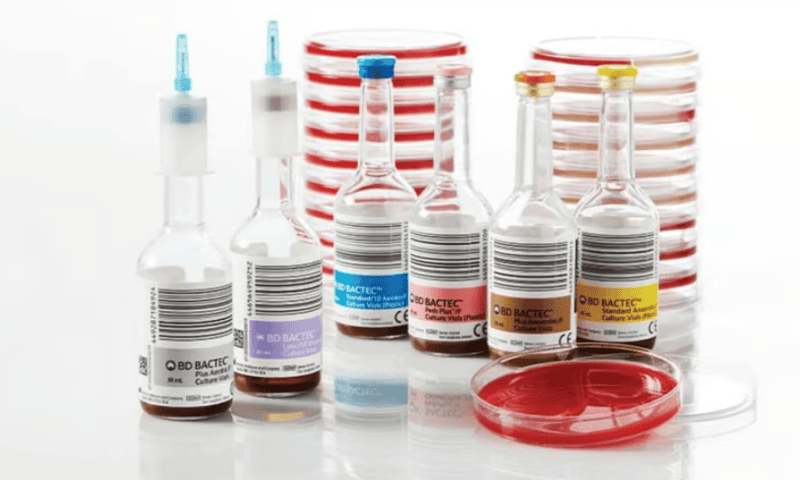BD is seeing a shortage of its blood culture vials used to support a wide array of infectious disease diagnostics, and the FDA is urging healthcare providers to ration their current supplies and preserve them for patients at the highest risk.
According to the company, the issue with its BACTEC vials stems from manufacturing problems at its current plastic bottle supplier, and BD expects the issue to be temporary.
“We understand the critical role that blood culture testing plays in diagnosing and treating infections and are taking all available measures to address this important issue, including providing the supplier our manufacturing expertise, using air shipments, modifying BD manufacturing schedules for rapid production, and collaborating with the U.S. Food and Drug Administration to review all potential options to mitigate delays in supply,” BD’s worldwide president of diagnostic solutions, Nikos Pavlidis, said in a statement.
“As an additional stopgap measure, our former supplier of glass vials will restart production to help fill the intermittent gap in supply,” Pavlidis said.
The shortage does not affect the stocks of the company’s Vacutainer tubes used for blood sample collection. BACTEC vials include tailored growth media and reagents used in the detection of aerobic and anaerobic bacteria as well as for yeast, fungi and other harmful organisms.
BD previously alerted customers of potential “intermittent delays” among shipments in mid-June (PDF), citing manufacturer issues that had spanned “several months.” The company said it had been working to manage the problem but that new projections of demand would make it difficult for production to keep pace.
Pavlidis and BD also said the company is working to allocate vials manually, with the goal of providing an “equitable distribution” that lessens the impacts on patient care.
The FDA published a letter to healthcare providers July 10, alongside the addition of the vials to its medical device shortage list, and said it expects the low supplies to continue through the end of this year. BD said it plans to provide a public update in September.
The agency recommended that clinicians consider conserving their vials when ordering blood culture diagnostic workups—such as by prioritizing their use for patients who are already showing the signs of a bloodstream infection—and that laboratories should take care to ensure no vials are tainted or wasted during the antimicrobial testing process.

